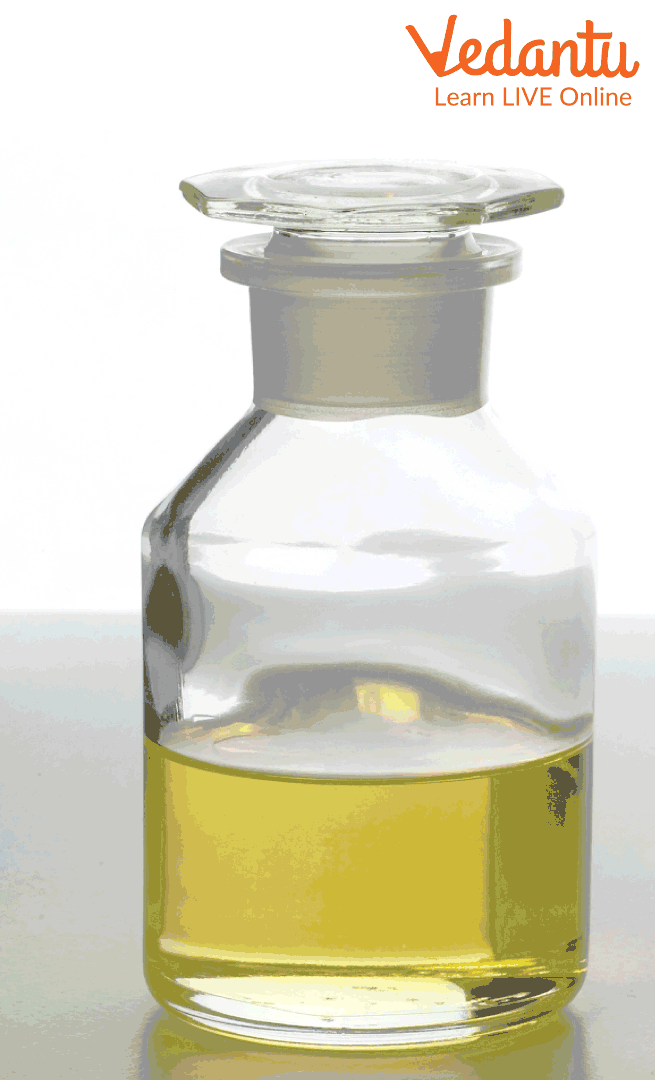




How Naphtha Is Used in Everyday Life and Industry
The very first question is, what is naphtha? Naphtha is any of several risky, burnable liquid hydrocarbon mixtures mainly used as solvents, diluents, and raw materials for making gasoline. The more volatile oil that came from the ground in the Baku district of Azerbaijan and Iran was first called naphtha. Dioscorides, a Greek author, and Pliny the Elder, a Roman author, both wrote about naphtha in the first century AD. Alchemists mostly used the word to describe liquids that move quickly and have a low boiling point, like some ethers and esters.
The Structure of Naphtha

Structure of Naphtha
Naphtha is a liquid mixture of hydrocarbons that is very flammable. It is a solvent in many different industries and can change quickly. Most industrial uses involve using it as fuel.
Also, it's essential to know that it's not just one liquid but a term for a large group of chemicals. The thing that all of these have in common is that they contain hydrocarbons that could be dangerous.
Naphtha Uses in Industry
Most of the time, factories use naphtha as their primary raw material to make plastics like polypropylene and polyethylene. Different chemicals in naphtha are also used as raw materials to make petrochemicals, like butane and gasoline. The energy industry uses millions of tons of naphtha every year, and a process called "steam cracking" turns it into chemicals that are easier to use.
Naphtha Oil Uses
Humans use it to power things because it has a lot of chemical energy and moves around quickly. Most importantly, each liter of it makes 3.14 megajoules of energy.
Many camping and hardware stores sell it to power stoves, blowtorches, lanterns, cigarette lighters, heating units, and more. It is an additive to other fuels because it burns relatively cleanly.
Conclusion
In many ways, naphtha chemicals are bad for people. If naphtha gets on a person's skin or eye, the area can become irritated, swell, and feel painful. Skin and eyes should be washed right away after contact. If the substance is swallowed, it can make you sick, hurt your lungs, stop breathing, or even kill you. In case of ingestion, do not make the person throw up and get medical help immediately. Since naphtha has a strong chemical smell, being around it for a long time can hurt your lungs and mind.
FAQs on Naphtha Uses Explained: Essential Concepts for Students
1. Does naphtha have types?
Yes, there are two types of naphtha: those that are paraffinic and those that are heavy. Most things in paraffinic naphtha are olefins, which can be used to make polyolefins and olefins. There are three more grades of paraffinic naphtha: light grade, full-range grade, and open-spec grade. Heavy naphtha is used to make aromatic chemicals and change how gasoline is made.
2. Define Naphtha as a Solvent?
Naphtha from petroleum is often used as a solvent. It can be found in cleaning products because it has low evaporation. It can also be used for thin paints, varnishes, and asphalt. Naphtha is also used by businesses that do dry cleaning.
3. What are the medicinal uses of naphthalene?
Naphthalene has several uses:
Carbaryl medicines employ naphthalene. These are pesticide ingredients.
Naphthalene makes the beta-blocker nadoxolol.
Naphthalene-sulphonate is a surfactant.
Synthetic colors use naphthalene.
Heated naphthalene makes fragrant solvents.









